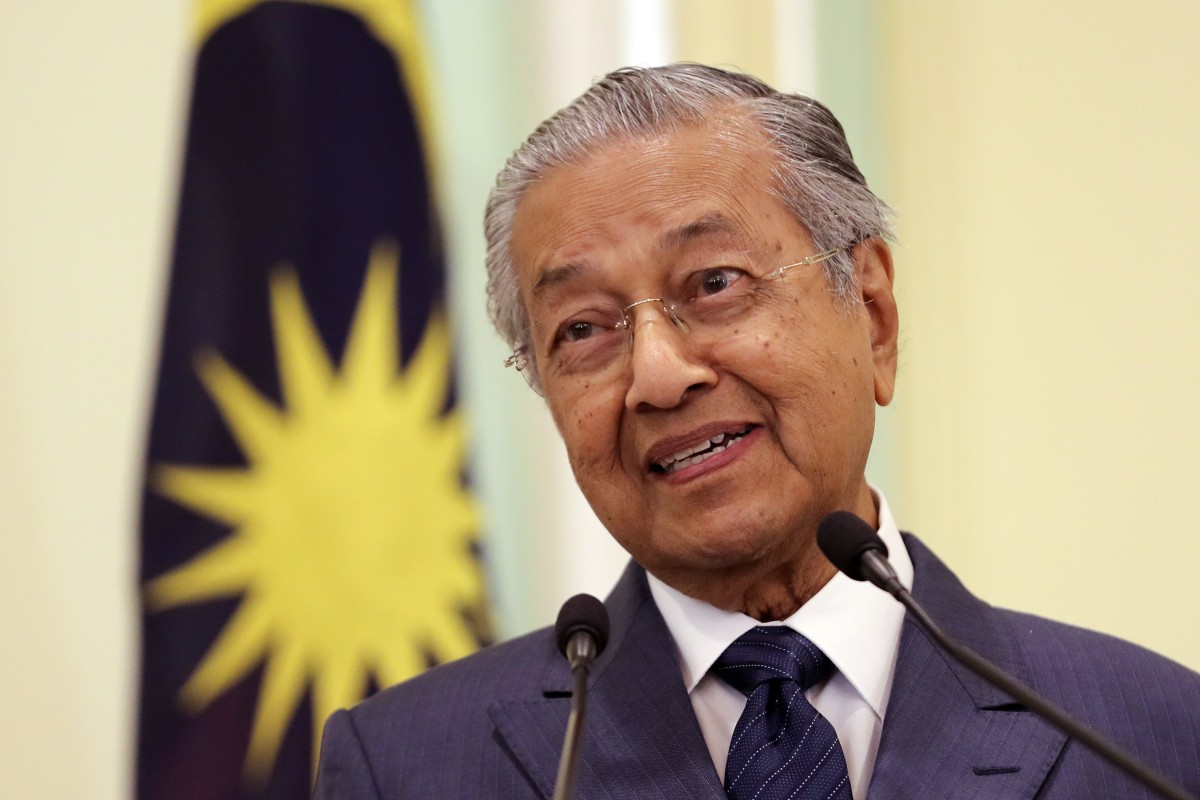
Published by The Star, image from Voice of America.
Al-Jazeera columnist Belen Fernandez wrote an article arguing that the intense outpouring of grief and emotion at the burning of the cathedral of Notre Dame – an inanimate object – was “misplaced”, compared to the suffering of tens or hundreds of thousands of human beings around the world.
As examples, she raises the cases of Yemen, the Gaza strip, and very briefly the cases of refugees from Africa and Central America.
Extending this logic however may force us to ask questions like: why didn’t she mention cases like the Rohingya plight, the Kashmir conflict, the war in the Sudan, the plight of the Uyghurs, and so on?
Should the list of cases we should be concerned about be ranked according to the number of people who have died? Or the number of people currently suffering? How do we rank different types of suffering, in deciding how we should focus the empathy Fernandez argues is misplaced?
To be clear, I think the motivation and intent of Fernadez’s column is not misplaced. She seems to write from a place of genuine concern for the unsung suffering of millions around the world – a concern I agree that all human beings should share. In terms of approach and mindset, perhaps a different strategy is worth considering – one which results in being better equipped to engage public sentiment in a way that furthers positive goals, especially in a landscape dominated by more selfish actors.
The tone of Fernandez’s article is one that we have come to be very familiar with in today’s global cultural context. It is a tone of umbrage taken, of righteous pontification, and indignant fury. Her frustration about what people care about versus what people should care about brings to mind politicians or election candidates who counter-productively scold voters because they don’t vote the “right” way, or aren’t using the “right” reasoning to make their political choices.
The various Umno politicians who used to arrogantly berate Malaysians for not being “grateful” to their leaders comes to mind.
I believe the era where condescending moralising sermons were effective tools of change – if indeed there ever was such an era – is long over. It seems unlikely that people who care more about Notre Dame than they do about the suffering of the Yemenis will read the article, navel gaze guiltily for a while, and then conclude: this writer is right, I should care more about the Yemenis than about this silly cathedral; I am now going to donate and tweet in support of the Yemeni cause.
Of course, perhaps the mistake is in assuming that this is the author’s end goal or motivation.
Another defining feature of our time and current public sphere is the phenomenon of the echo chamber. We are transitioning from a mainstream world to a multistream world. Where once a few poles dominated, we now see increasing multipolarisation – the tendency for us to group up and converse only with people who share increasingly specific sets of values and worldviews.
The nature of the Internet era is such that we are more and more content to preach to the choir; to craft our messaging in a way that guarantees loud cheers, shares and retweets from an increasingly niche segment of the population. As a result, we become more and more ensconced and embedded with people who already agree with us, and further and further apart from people who don’t.
I think we cannot scold into submission those who care more about Notre Dame than they do about suffering Yemenis; and I write here as someone who does indeed also wish that people cared about the Yemenis (and others) as much as they did about Notre Dame.
In trying to expand the range of public empathy, I think our first endeavour should be to more scientifically understand the fast evolving dynamics of public empathy in this day and age.
Studying public empathy is a subset of studying public sentiment as a whole, as well as the manipulation thereof to achieve certain public actions. Fernandez ended her article by writing “the fact that such tragic realities don’t elicit the same raging empathy as a cathedral fire is a tragedy unto itself”.
I think the greater tragedy is the fact that the people who are the best at understanding public sentiment and how to engage it to achieve certain goals are not individuals with sanguine motivations like Fernandez, but the people who influenced the election of Donald Trump, Brexit, and so on.
Such individuals likely understand the apples and oranges elements at play when comparing Notre Dame, or even say the Christchurch mosque shootings, to phenomena like conflicts in the Middle East.
Surely we can recognise the different public reactions elicited by a shocking and highly disruptive incident that takes place in a very concentrated pocket of time, versus a protracted conflict that perpetrates much more suffering within a highly complicated, emotionally charged political context, over a much longer period of time.
The former obviously lends itself to a sudden and mass outpourings, while the latter tends to only see brief spikes related to unfolding developments – spikes that often lower in intensity the longer the conflict goes on and becomes ‘normalised’. Just as black holes differ in size and mass, different crises have different levels of sensational gravity – their grip on public imagination varying according to a number of factors. Some of these factors are inherent, others lend themselves to human manipulation.
If we are so caught up with the ‘should’ that we completely ignore the ‘is’, we are at great risk of losing out when it comes to determining the ‘will be’.
There is a science to the art of mobilising (or manipulating, if you prefer) public sentiment. There are trends to be studied, patterns to be analysed, and lessons to be learned.
This is not some branch of “dirty politics” that social justice warriors can afford to cast aside as tainted tools. This is a neutral science, based on the study of observable social phenomena.
As people with more greedy and likely more nefarious motivations up their game in the arena of mobilising public sentiment, it would be a tragedy indeed if activists, advocates and proponents of a more just, compassionate world find themselves caught with knives at a gunfight.
Nathaniel Tan is Director of Media & Communications at EMIR Research, an independent think-tank focused on strategic policy recommendations based upon rigorous research.

